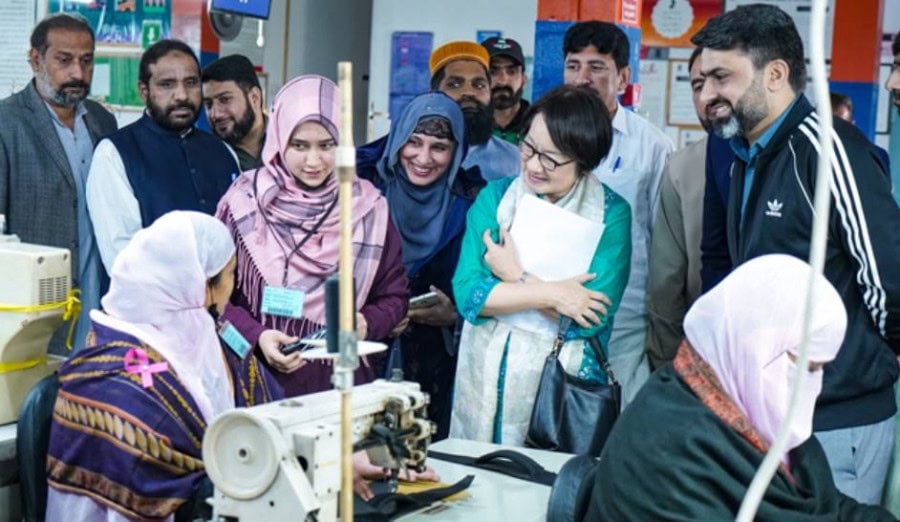Social justice is at the heart of sustainable development. Tackling inequality is key to addressing global crises such as climate change, migration, extremism, and economic instability.
Today’s urgency is as critical as it was at the ILO’s founding in the early 20th century—ensuring dignity, equality, and fair opportunities for all.
The numbers are stark: Nearly one in ten children worldwide are engaged in child labour. 2019 workplace accidents and diseases caused 2.93 million deaths—6.7% of all global deaths. Meanwhile, the gender labour force gap remains high, and nearly one in three young women is unemployed or underemployed.
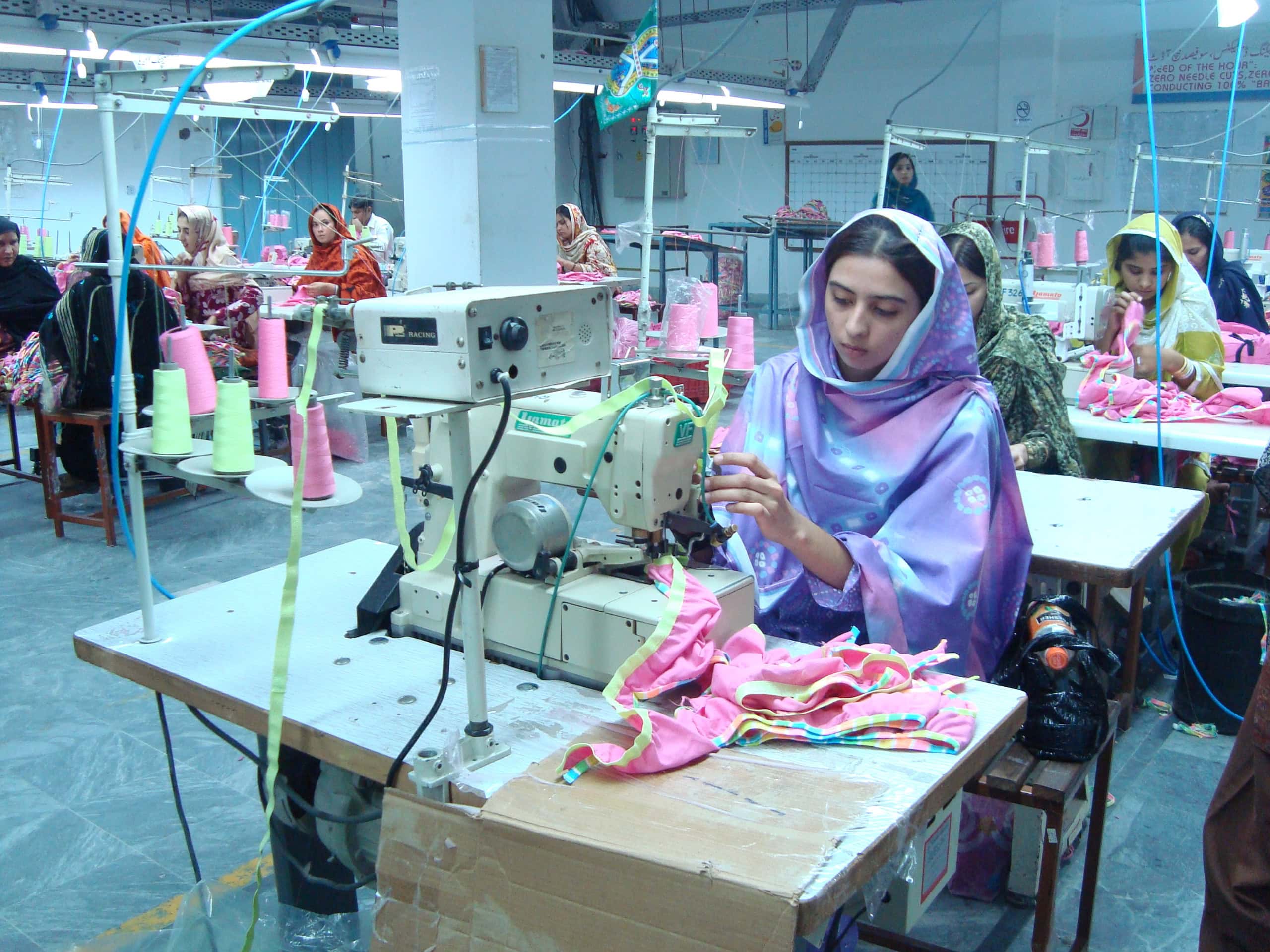
Economic inequality is widening. Economic inequality is widening. In 2021, as Brazil’s economy grew by 5%, luxury car buyers formed long queues while impoverished communities lined up—five blocks
long—for free butcher bones. The example from Brazil highlights persistent social injustices worldwide, demonstrating that Pakistan is not alone in its struggle. Since 1990, the labor share of income has dropped by six percentage points, while gender and racial pay gaps persist at around 20%.
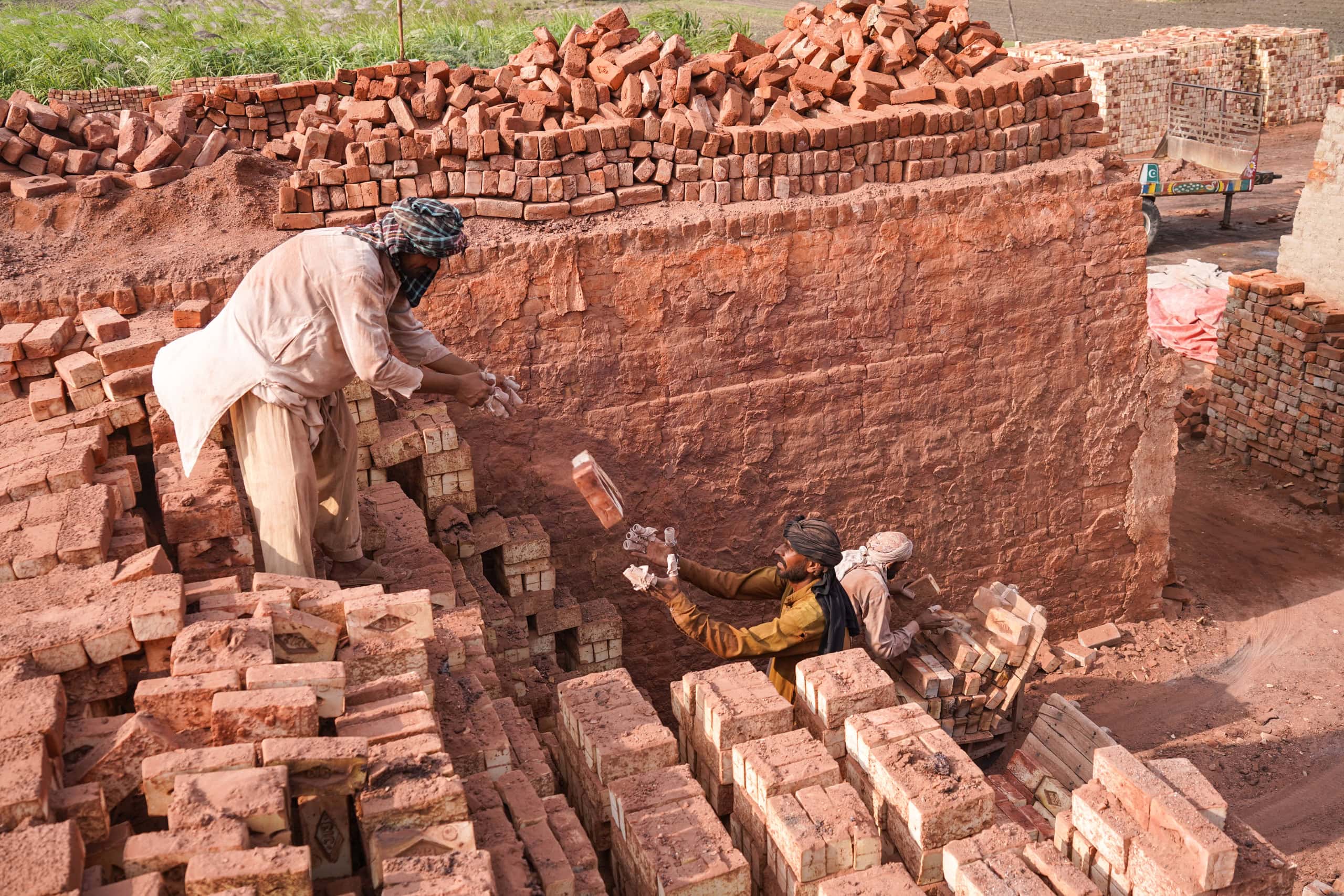
As economies shift due to climate change, automation, and digitalization, millions of jobs are at risk. Governments and businesses must support workers through this transition:
● 3.3 billion people live in high climate-vulnerability areas.
● 71% of the global workforce faces excessive heat exposure, leading to millions of injuries and deaths annually.
● Only 16.7% of unemployed workers worldwide receive benefits.
● 5.1% of jobs in high-income countries are at risk due to automation.
ILO and Pakistan: A Partnership for Progress Recognizing the urgent need to focus on social justice, Pakistan Observer partnered with the ILO to produce this report, highlighting key labor challenges and progress in Pakistan.
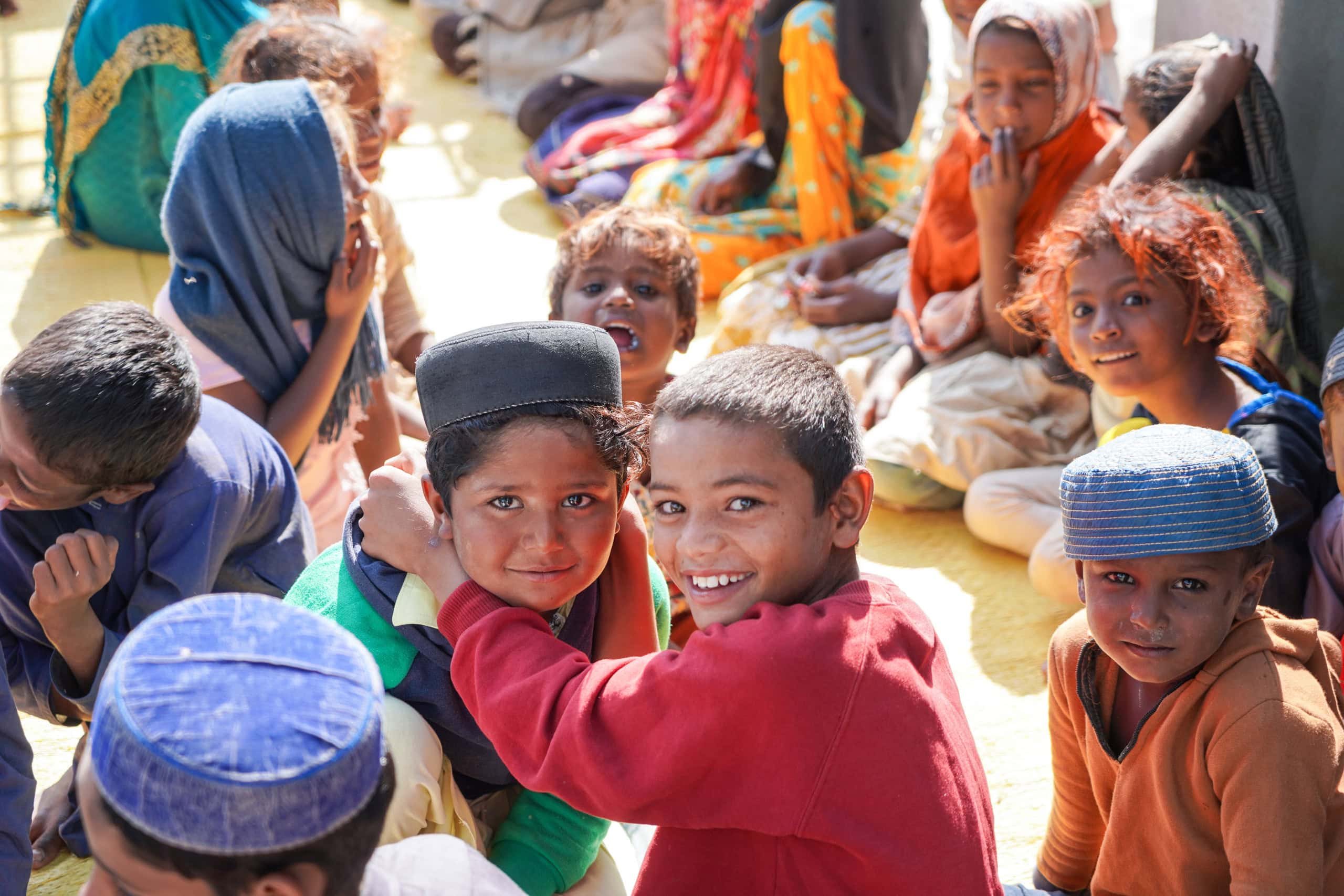
Pakistan, an ILO member since 1947, collaborates with the organization to promote decent work, labor rights, and social protection. The country faces challenges from informal employment, climate-related disruptions, and evolving labor dynamics. To address these, ILO has worked with Pakistan on:
✅ Ratifying key labor conventions (2024) after an 18-year gap.
✅ Becoming a UN ‘Global Accelerator’ country for jobs and social protection.
✅ Establishing a national coalition within the Global Coalition for Social Justice.
✅ Developing a crisis response strategy post-2022 floods.
✅ Hosting the first National Tripartite Labour Conference in 15 years.
✅ Enhancing labor inspections for better workplace compliance.
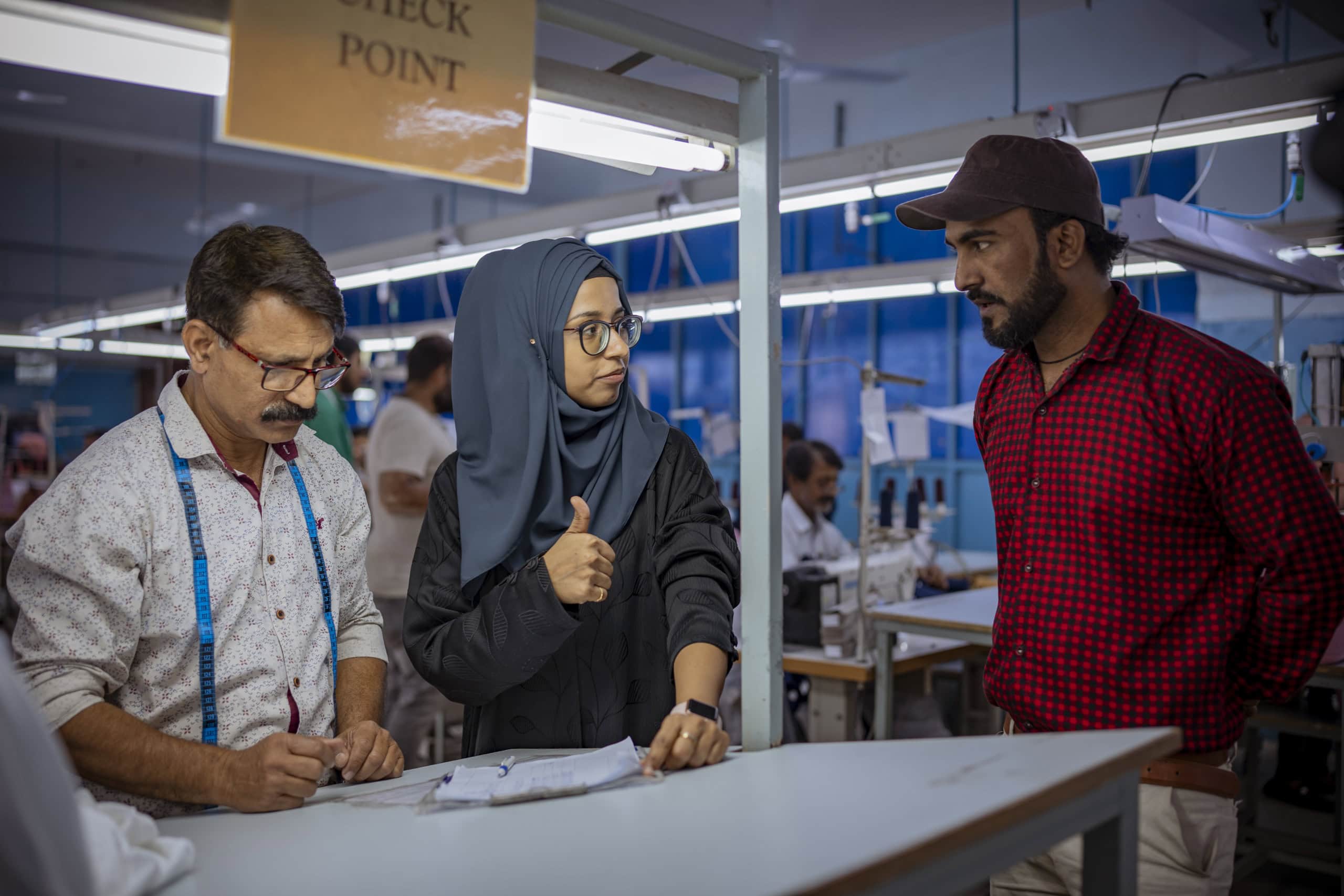
Social justice is at the core of the ILO’s mission: “Universal and lasting peace can only be established based on social justice.” Through this collaboration, Pakistan and the ILO are working towards a fairer, more inclusive future. To better understand this, we sat with Mr Geir T. Tonstol for an exclusive interview to gain insight into the real situation on the ground in Pakistan.



